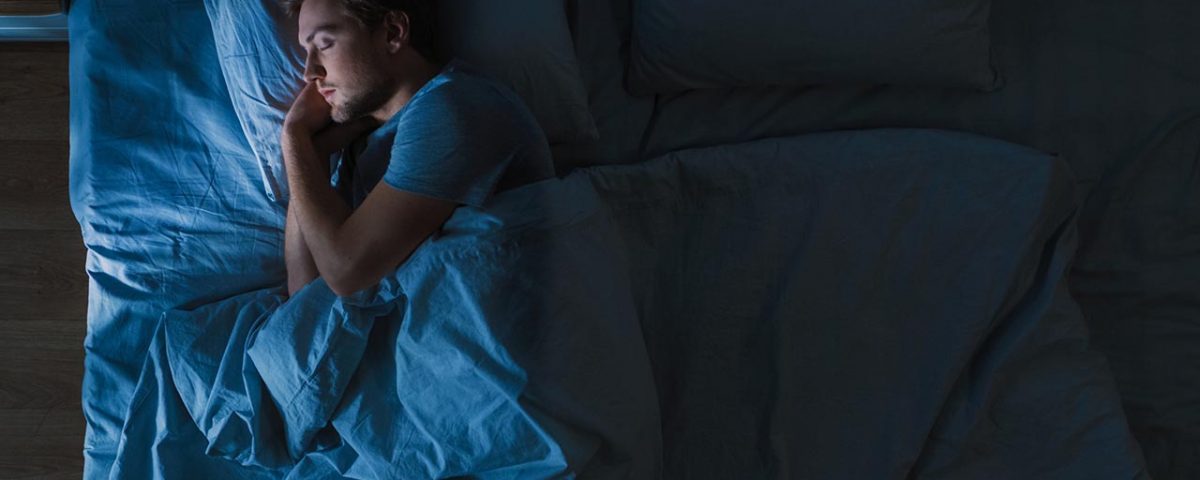


Carrie Underwood Gets Candid About Her Mental Health
July 23, 2019

Billie Eilish Discusses Body Dysmorphia, Anxiety, and Other Mental Health Struggles
August 6, 2019Does Sleep Apnea Cause Depression?


Does Sleep Apnea Cause Depression?
Sleep apnea is defined as a sleep disorder that causes a person to stop breathing while they’re sleeping which usually results in issues such as interrupted sleep, insomnia, and headaches.1 But, new studies are also showing a strong link between sleep apnea and depression, with some theorizing that this sleep disorder is a cause of depression.
The Connection Between Sleep Apnea and Depression
So, how much is a sleep disorder linked to depression? In a multi-year national study, sleep disorders that interrupt breathing, which includes sleep apnea, were shown to increase the likelihood of depression among study participants.2 Another study linked sleep disorders and depression, showing that 14% of people with major depressive disorder also had sleep apnea. 3
Why Does Interrupted Sleep Cause Depression?
Sleeping disorders that cause interrupted sleep are linked to higher instances of depression, but they do not guarantee that a person will struggle with depression. The theorized link between sleep disorders and major depressive disorder involves lack of oxygen to the brain and interrupted sleep. Scientists are still learning about the brain’s functions, especially during sleep, and they believe that losing sleep and losing oxygen to the brain during sleep may have negative effects on mental health. 4
Sleep disorders alone don’t guarantee that a person will face struggles with depression, but it does show that depression’s causes often go deeper than once believed. Effective mental health care for depression treatment will evaluate and address all aspects of a person’s mental health disorders.
Treating Sleep Apnea and Depression
The science shows that there’s a strong link between sleep apnea and depression, specifically a type of depression that doesn’t respond to normal therapies for mental illness. So, before patients can get successful treatment for depression, they need to treat their sleep disorders. If the depression is treated but the sleep apnea continues, the patient may have difficulty getting better.
Call Banyan Mental Health at 888-280-4763 for more information on treating depression.
image credit: instagram







